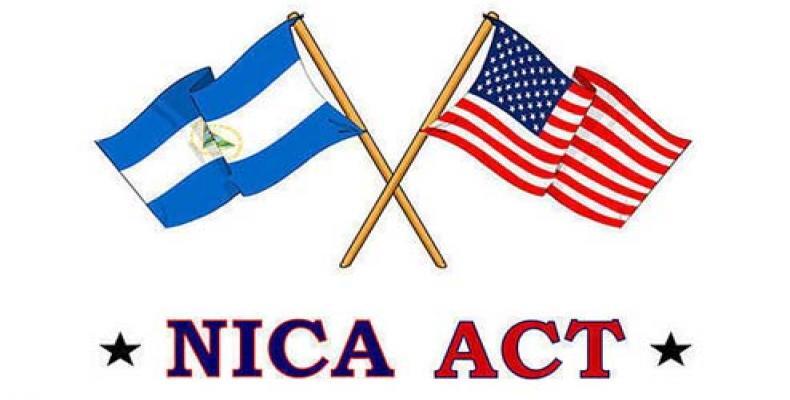Managua, November 10 (RHC-teleSUR)-- In the wake of the looming threat of the Nicaraguan Investment Conditionality Act (NICA Act) — a U.S. bill that is set to impose economic and financial sanctions on Nicaragua — the country is looking for alternatives.
According to Nicaraguan economist Luis Gustavo Murillo, the Central American nation should focus on looking for new investors, a challenging prospect for a country that received $623 million of financing from multilateral banking entities for social projects in 2016.
The Act, approved by 25 lawmakers in the U.S. House of Representatives, and which will now move on to the U.S. Senate for debate, seeks to impose conditions on Nicaragua when accessing financial loans from international institutions or the United States. According to another economist, Cirilo Otero, if the NICA Act were approved, it would undoubtedly affect free trade agreements between the United States and Nicaragua.
The bill, promoted by the country that funded far-right paramilitaries to overthrow the popular revolutionary Sandinista government in the 1980's, launches accusations at the government of Daniel Ortega for “violations of human rights and regression of democracy.” Nicaragua has responded to the Act by slamming the United States for violating its sovereignty.
A statement released by the Sandinista government says that Nicaragua finds itself “faced with regressive, interventionist, and disrespectful positions on the part of certain U.S. congresspeople that still have not overcome conflicts and interests that are inconsistent with the will and peace of the people."
Nicaragua Looking for Alternatives in Face of Washington's Interventionist NICA Act

Matérias relacionadas
Comentários
Deixe um comentário
Todos os campos são requeridosMais vistas
- Ministros das Relações Exteriores ajustam documentos para aprovação pelos presidentes na Cúpula da CELAC
- Brasil e Cuba as melhores equipes no torneio juvenil de judô no Panamá
- As ruas acordam nos EUA
- Honduras dá as boas-vindas aos governantes que participam da Cúpula da CELAC
- Ministro das Relações Exteriores de Cuba chega a Honduras para Cúpula da CELAC

